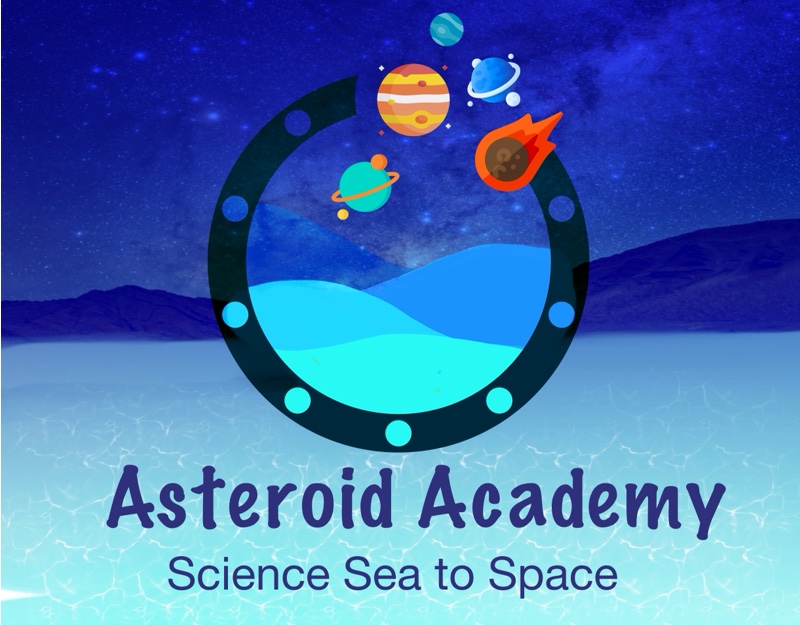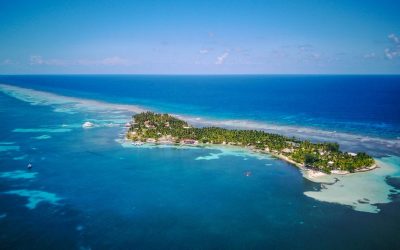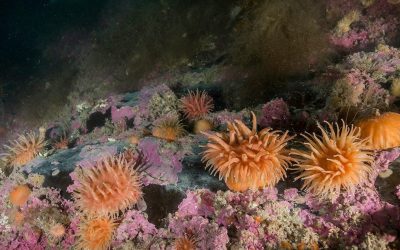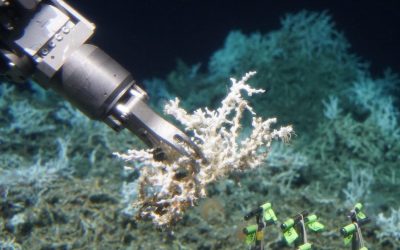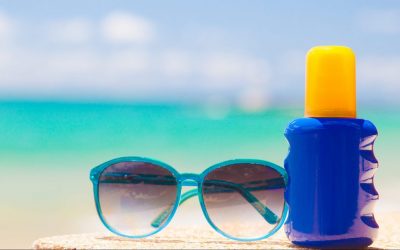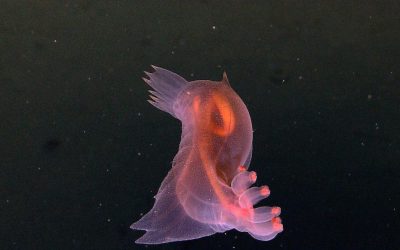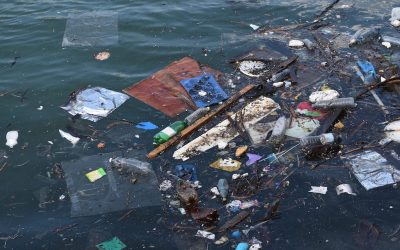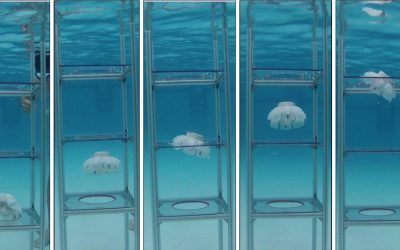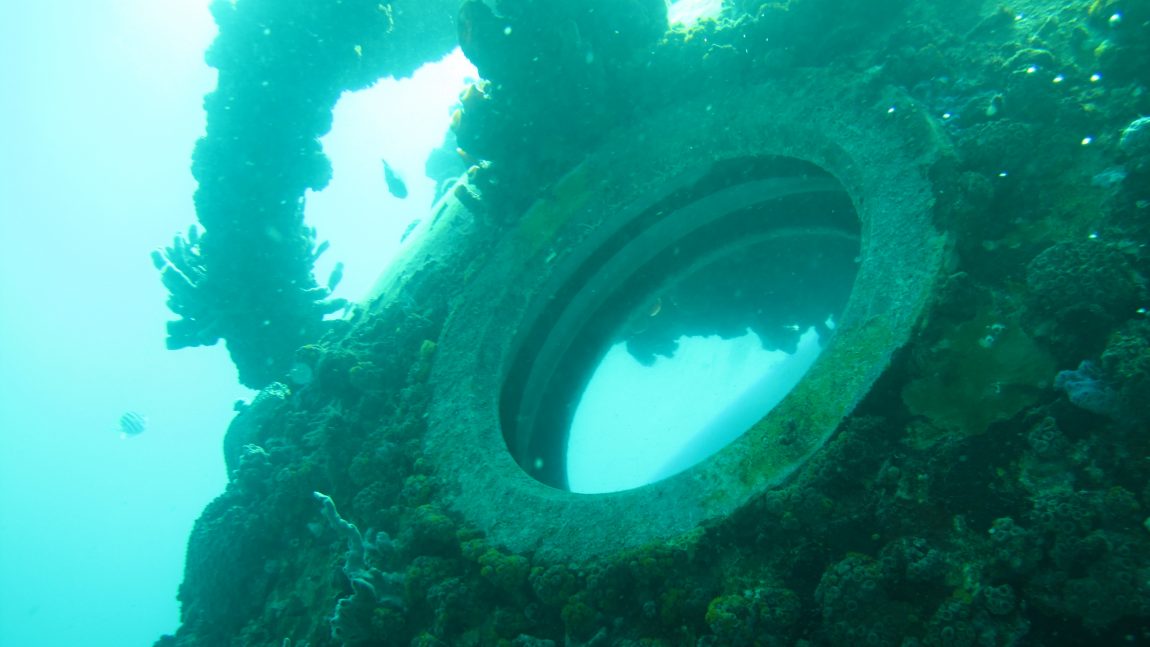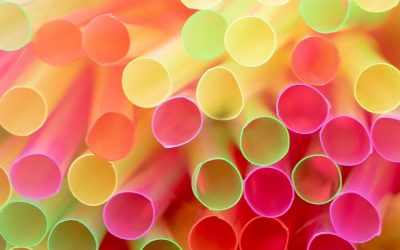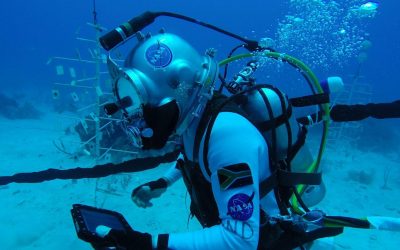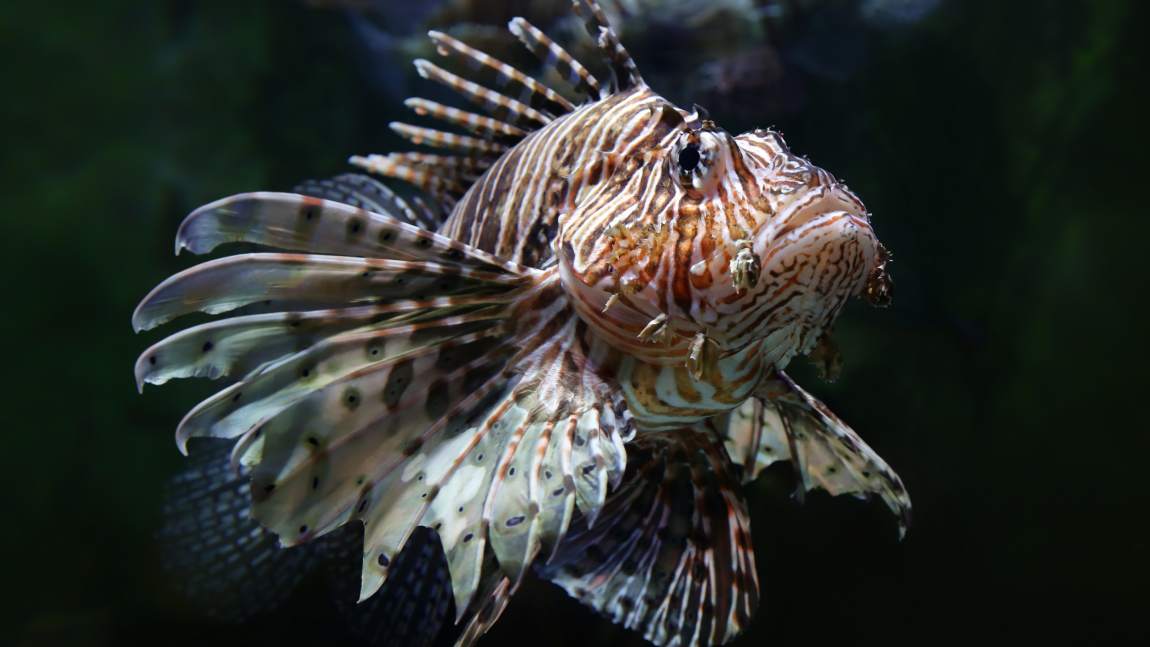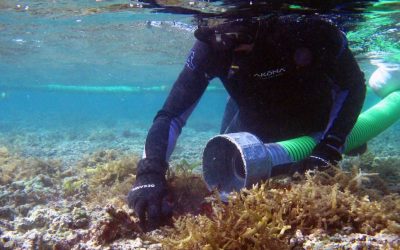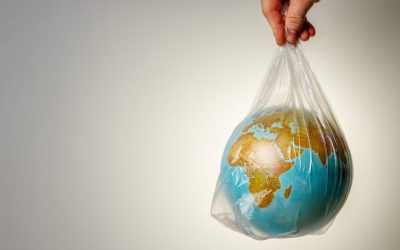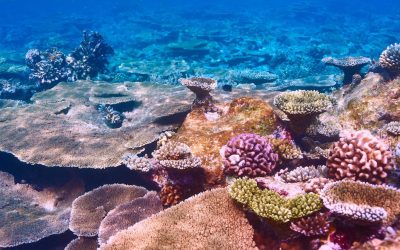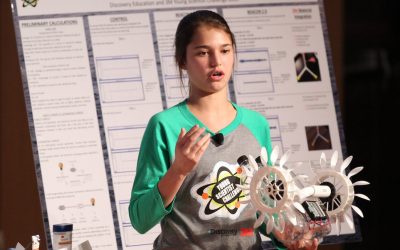The Asteroid Blog
In the News: Belize Says No More Drilling
Offshore oil drilling has been a valuable source of income in many countries for decades. There are hundreds of oil rigs worldwide, generating billions of dollars in revenue.
Ireland’s New Canyon
A University College Cork led international team of scientists are researching a submarine canyon 320km west of Dingle that is approximately 3,000 metres deep and roughly twice the size of Malta.
New Atlantic Reef Discovered
Deep Search 2018 had lofty goals: to research and safeguard habitats off the United States’ East Coast. What they got was more than anyone expected.
Sunscreen Safety
Going out in the summer sun without sunscreen is unthinkable these days. We all know how important it is to protect our skin from the sun’s rays.
Headless Chicken Monster Helps Researchers
A strange creature previously only observed in the Gulf of Mexico has appeared in the waters off the coast of East Antarctica, and new equipment had to be developed in order to study them.
Young Scientist Spotlight: Haaziq Kazi
In June 2017 11-year-old Haaziq Kazi gave a TED talk about his idea to help the planet. He started by talking about wanting to solve a big problem we have, “a five trillion-piece problem.”
Robotic Jellyfish Are Taking Over!
In the never ending search for ways to safely study coral in the world’s oceans, a new robot “jellyfish” is currently being tested for real world use.
Living Underwater with Our Host, Dr. Marc O’Griofa
Dr. Marc O’Griofa has led an amazing life. Originally from Ireland, he’s been around the world not once but twice. He’s been cave diving and diving with sharks, even cage diving with Great Whites off the southern coast of Australia. He’s gone skydiving over an extinct volcano in Hawaii. But for all his adventures…..
Sweet Success
Simultaneously ubiquitous and ignored, plastic straws have been in the spotlight lately. In the summer of 2018, a video showing a plastic straw being removed from a sea turtle’s nose went viral.
Underwater Astronauts
If you want to train to be an astronaut, you’d better know how to swim.
Wait, what?
Lionfish: A Nasty Surprise Visitor
Lionfish are venomous, fast-reproducing fish that have spread along the eastern Atlantic coast and Gulf of Mexico, and pose a major threat to Florida’s native species and ecosystems.
Hawaiian Innovation
Hawaii is known for great beaches, beautiful water and lots of marine life, but the coral reefs around Hawaii are suffering from a killer all their own: tropical invasive algae, one of the most invasive species in the oceans today.
Another Plastic Problem
By now, we all know that plastic is bad for the environment. Besides the damage to marine life who mistake it for food, the chemicals that can be released into soil and groundwater (and then move up the food chain), a new study shows that when plastics are exposed to sunlight, they release greenhouse gasses.
Do Coral Love Junk Food?
Plastic in the ocean is a problem. It’s no mystery that fish, seabirds, and turtles all eat it, and often become ill or even die. Coral also eats it, but the mystery is why they do so. For a long time, scientists thought that coral ate anything they could reach, but new studies have found that coral might prefer plastic.
Vanuatu – Environmental Leader
Vanuatu is a nation in the South Pacific, northeast of Australia. Vanuatu includes 13 larger islands and about 70 smaller ones, covering about 1300km. Most of the islands are mountainous, and covered in lush rain forests. Many are protected by coral reefs.
Young Scientist Spotlight: Hannah Herbst
In 2015, Hannah Herbst was an eighth-grader in Boca Raton Florida. She got a letter from a nine-year-old pen pal in Ethiopia who had no access to lights, a steady flow of fresh water to drink, and other necessities.
It’s a Woman’s World
When the National Aeronautics and Space Administration formed in 1958, it was pretty much a boys’ club. Women had some low-level jobs, but most of the higher-level work was done by men. Katherine Johnson was one of the earliest female NASA employees. When she started, NASA didn’t even exist. She was working at the Langley Research Center with the National Advisory Committee for Aeronautics (NACA), which was the agency that eventually developed into NASA….
Lose Your Alarm Clock
We spend about a third of our lives asleep. Teens should get nine to ten hours of sleep per night, but many don’t. There are several recommendations for improving sleep patterns, including meditation, ending screen time in the evening, keeping a regular sleep schedule, limiting caffeine—there’s even an app or two (or twenty).
